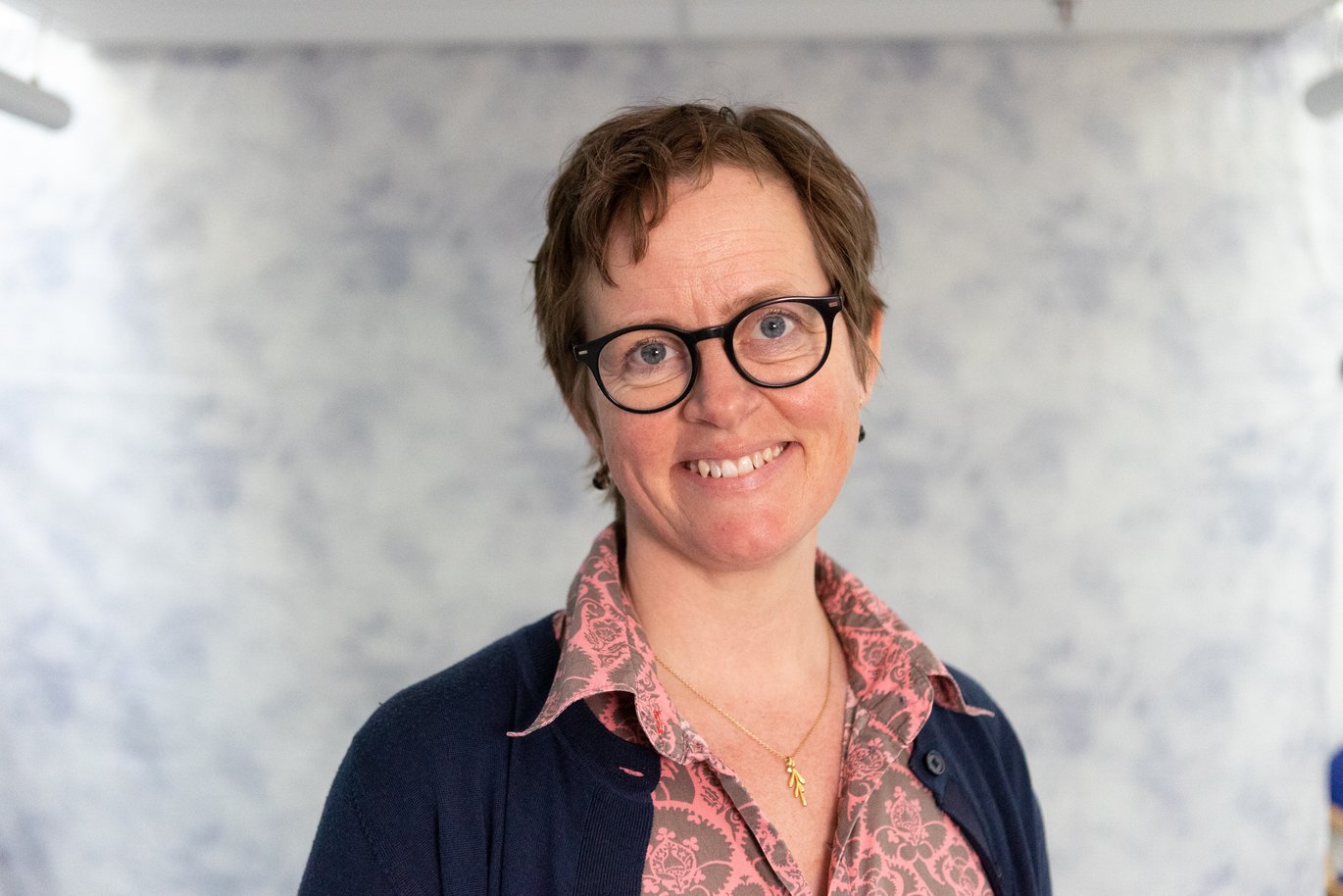Research project on language subjects in schools receives funding from the Independent Research Fund Denmark
The Independent Research Fund Denmark has granted millions to a new research project at Aarhus University aimed at rethinking language subjects in schools and developing a sustainable model for the future. This initiative is necessary as language subjects are under pressure, according to project leader Line Krogager Andersen.

A new research project titled “Sustainable Language Education – Reconfiguring the System through Complexity-Oriented Action Research,” which aims to examine and rethink language subjects in schools, has received a grant of 3,167,990 DKK from the Independent Research Fund Denmark.
Line Krogager Andersen, who holds a Master’s degree in linguistics and Finno-Ugric languages and completed her Ph.D. in the Department of Subject Didactics at the Danish School of Education (DPU) at Aarhus University, will lead the research project. The project also involves Professor Susana S. Fernández from the Spanish department at Aarhus University and a number of other researchers from VIA, UCL, SDU, UCSyd, and Aarhus University.
At a time when language subjects in Denmark are under pressure, the research project aims to develop a sustainable model for language education in schools and contribute new knowledge on how language subjects and their teaching can be understood from a complexity-oriented perspective.
Pressured Language Subjects
The background of the research project is that language subjects in Denmark are under pressure due to budget cuts and decreasing student motivation.
“This is evident throughout the education system, not just in primary schools. If you look at how many language subjects have been closed over the past 25 years, it’s a significant number. High schools no longer offer the same number of language tracks,” explains Line Krogager Andersen, citing the example of how it has become more difficult to study French at a high level because fewer primary schools offer it.
Line Krogager Andersen also highlights how artificial intelligence has become a challenge for language subjects, particularly because of translation programs.
“It’s clear that the better these AI products become, the more they undermine the relevance of being able to do the same as the product. So, this project is also about what language subjects should accomplish today. Many students are not motivated. It’s not because they’re not motivated for languages, but according to recent studies from NCFF, they are not motivated for language teaching,” she points out.
Therefore, language subjects need rethinking, and a sustainable model for the future needs to be developed, which the research project aims to contribute to.
“We need innovation if we believe that language is relevant, that language teaching is relevant, and that reflection on language is relevant in the language-driven world we live in,” says Line Krogager Andersen, explaining what she means by a sustainable language environment:
“A sustainable language environment at a school is one where there is room for all languages and language subjects, and where the language subjects support each other. Sustainable language teaching connects to students’ lived experiences outside of school and reflects the challenges that schools and society are facing today.”
Close Collaboration with Primary Schools
The project will be based on a collaboration with a primary school, where challenges and opportunities for sustainable language subjects, as experienced by the stakeholders at the school, will be explored through systemic action research. The investigation will involve classroom observations and workshops with teachers, students, and school leadership, where they will help define the challenges language subjects face from their perspective.
“We (the researchers) will start by saying, we see these challenges with language teaching and ask if the participants can recognize them? Where do they see the challenges, and how should we address them?” explains Line Krogager Andersen, continuing:
“Then we will conduct a system mapping exercise. The participants will try to describe the connections they see and the challenges and opportunities they perceive. The teachers will then work concretely on what this could look like.”
“We work in a circular process, where we do something, meet, reflect on it, and continue. In collaboration with the teachers, but with ongoing involvement from the leadership and students. It’s important to get the students’ perspective, but it’s also crucial to have the leadership on board,” she explains.
The hope is that this process will lead to concrete recommendations for sustainable language practices, which will be presented in research and dissemination articles, at conferences, and through various channels.
“There are several ways in which the results will be put into practice. One is through the Center for Primary School Research, a collaboration of researchers in the field of education and teacher training. Additionally, we will disseminate the messages in collaboration with the National Center for Foreign Languages and Teacher Education programs at UCL and VIA,” explains Line Krogager Andersen.
For more information about the Independent Research Fund Denmark, click here.
